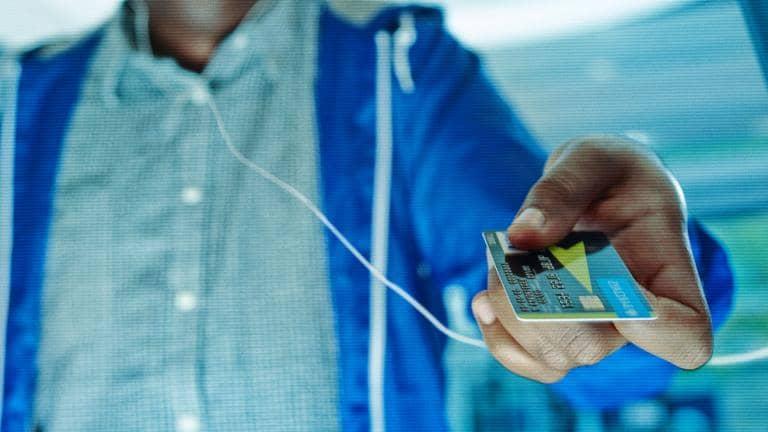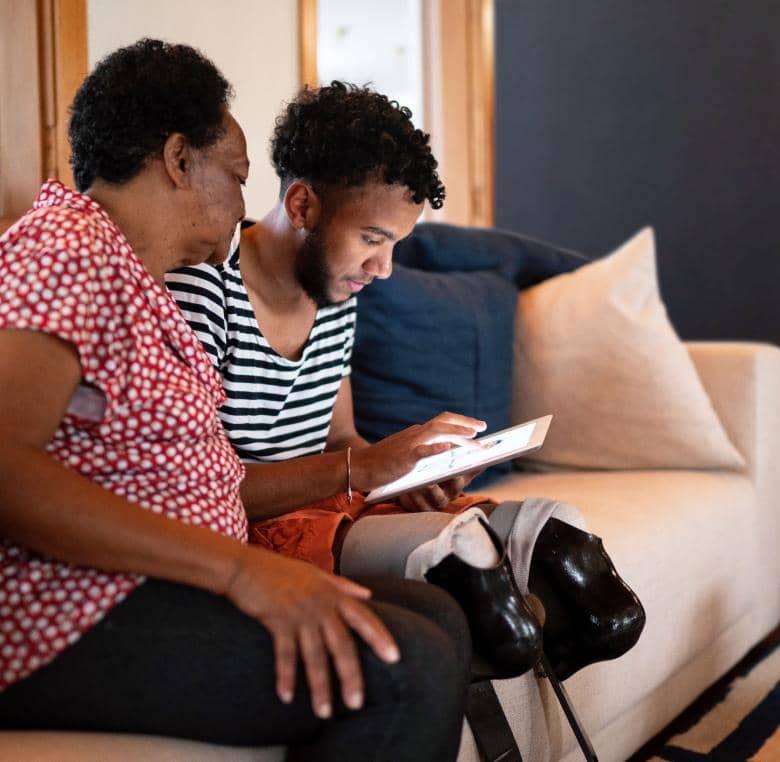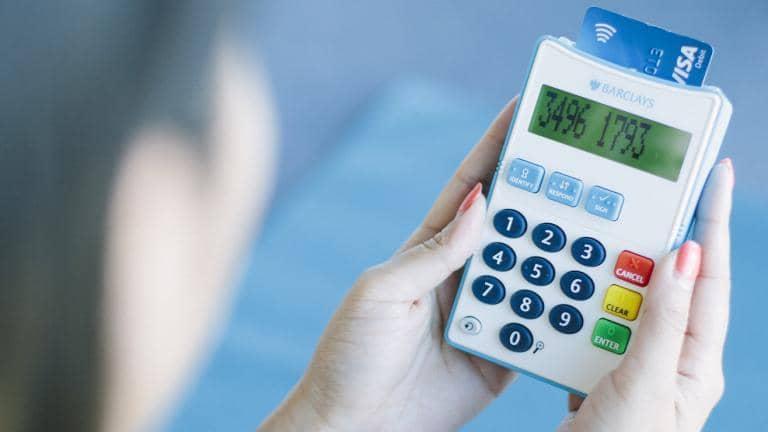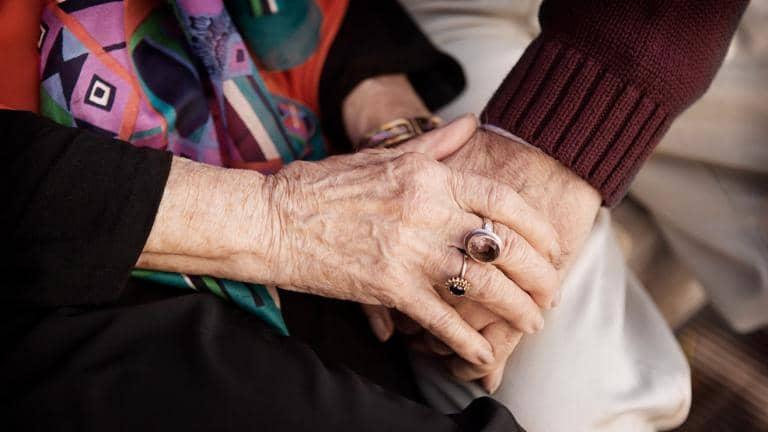
Blind or visual impairment
Practical ways to make banking easier if you’re blind, have sight impairment or difficulty reading.

Supporting your needs, whatever your situation
If you have a disability, a physical or mental health condition, or just need extra support because your circumstances have changed, we have a range of ways to help make banking easier.

Do you need help with your banking?
We have lots of products and services, along with other useful resources, to support you.
Perhaps you need us to change how we communicate with you. For example, you may request:
Let us know your individual needs so we can discuss with you how we can make your banking easier.
You can find our contact options on this page.
We have a lot of online content dealing with accessibility, disabilities and other life events that you might be going through.

Practical ways to make banking easier if you’re blind, have sight impairment or difficulty reading.

If you’re deaf, hard of hearing or have a speech impairment, we can help make banking easier.
Let us know about your individual needs and we can tailor our services to better support you.
For more information about the other ways we can help, visit our accessibility and disability page.

Tools you may find useful to access our branches and services.

We offer services to reflect the fact that people learn and understand information in different ways.
Find out how to view your card details and PIN number, set payment limits on your card and block payments to some types of retailers.
How to look after your money when prices rise.
Practical guidance if you’re worried about your finances.
Get impartial guidance on a range of topics, from better budgeting tips to buying a home, from the Barclays Money Mentors®.
How to get the right support with your money and your wellbeing.
Read our case study on balancing illness and debt.
We explain the different types of third-party access available if you or someone else needs help managing money.
Find out how our app can help you access our services, manage your accounts and stay in control of your money.
Recognising the signs of problems with mental health and how to keep on top of your finances
Mental health and money management are often linked. Read our case study about steps you can take to help get back on track.
Learn about different types of scam and the latest tactics scammers are using, so you know what to look out for.
See how to spot the signs of abuse that could affect your money, and how we can help.
See how you can plan your next steps if you find yourself out of regular work.
What to do if gambling starts to become a problem.
If you’re worried about how much you spend, here are nine ways to help you cut down.
How we can help and support you if you’re dealing with the financial affairs of someone close to you.
If you’d like to talk to us about any of our accessibility and disability services, or you’d like us to know about your needs, there are several ways to reach us.
In some cases, we might need to contact you to discuss those needs in more detail.
You can also tell us if your situation changes and something is no longer an issue.
You can tell us about your needs and circumstances in the Barclays app1 on your smartphone or tablet by tapping ‘Help’.
You can tell us about your needs and circumstances in Online Banking – just go to ‘Help’.
If you want to talk to us, we have several phone numbers you can call – for general information or specific queries.
If you prefer a face-to-face service, come and see us. Search for branches with specialist services.
If you want to make your computer or device easier to use, we’ve created a site with disability charity AbilityNet to show you how to do so.
Our aim is, and has always been, to provide accessible services for everyone. Our accessibility statement outlines our approach and ambitions.
Read more about our accessible services and other ways to bank in our ‘Making banking easier’ brochure [PDF, 1.72MB].
Also, our ‘Banking Made Clearer’ quick reference guide [PDF, 6.13MB] was written in partnership with the British Institute of Learning Disabilities. It uses simple, clear language with lots of imagery.
You need to be 16 or over to use this service in the app. Terms and conditions apply.Return to reference















